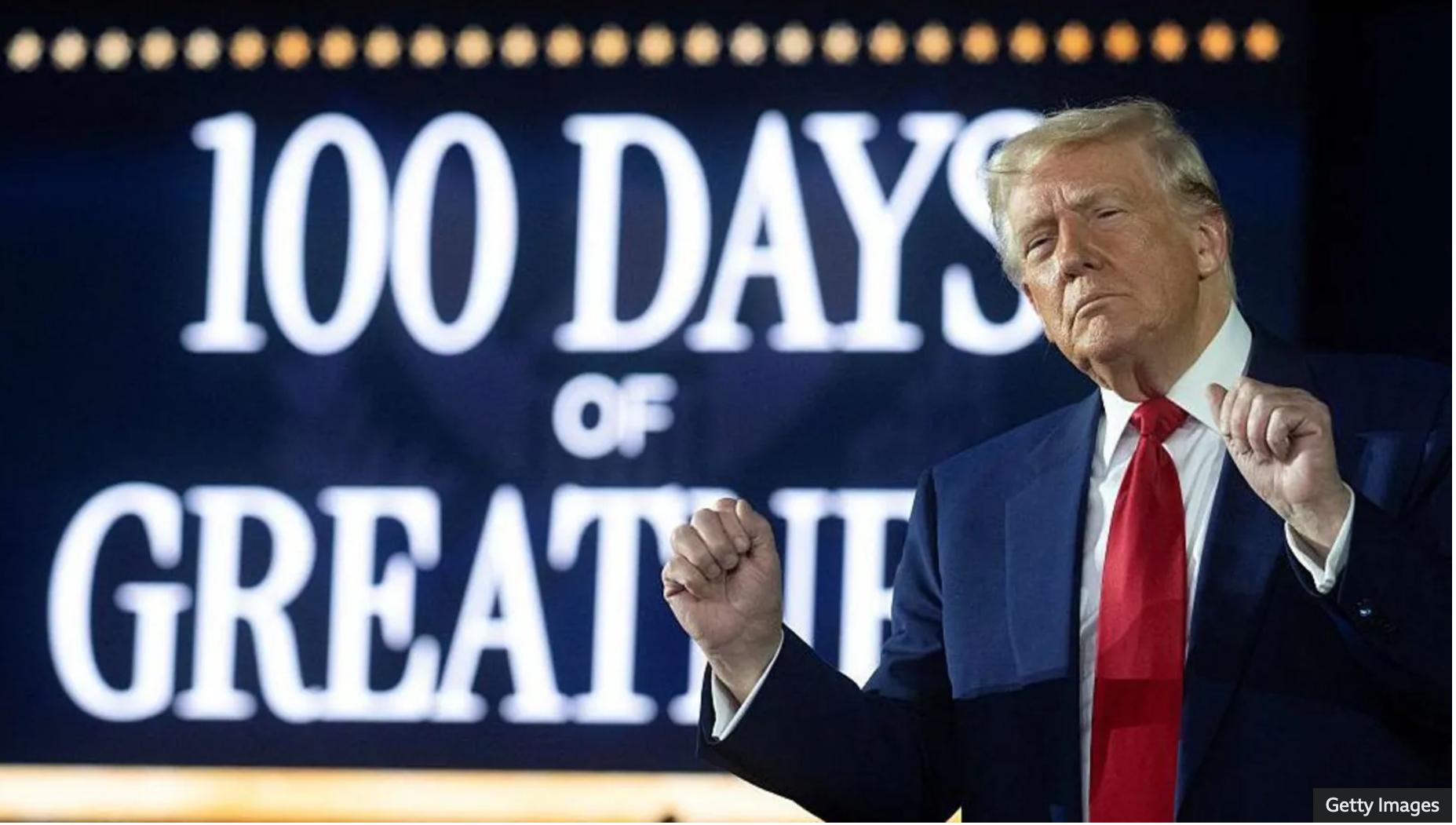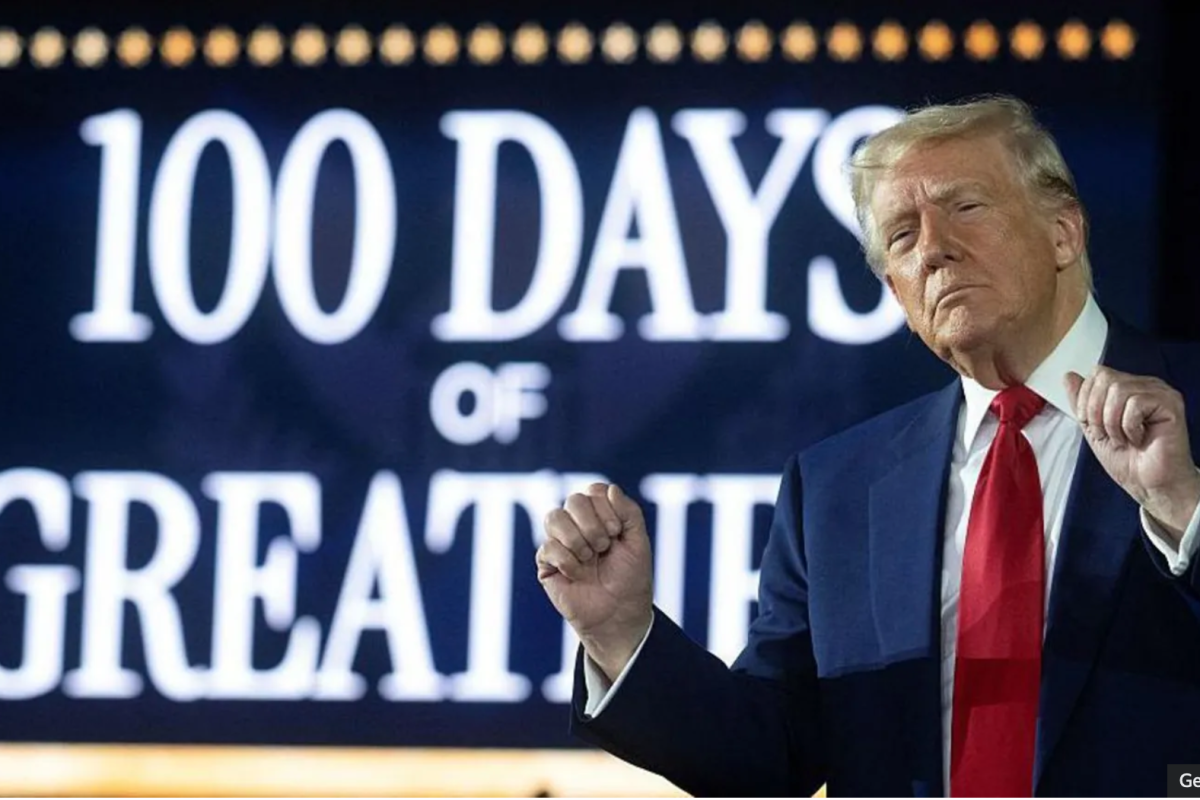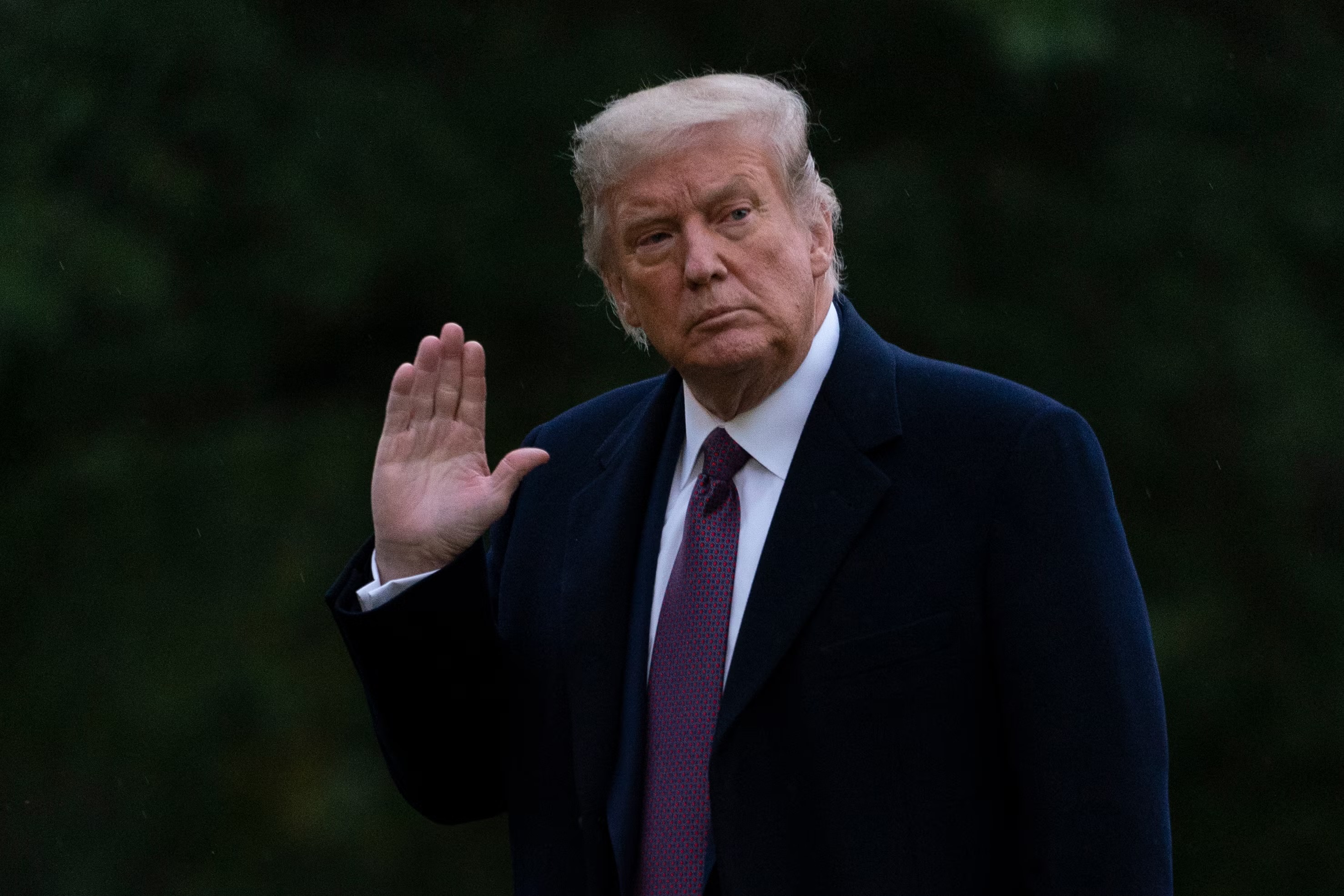Donald J. Trump’s second presidency is dismantling much of the Democratic Party’s domestic social agenda, dismissing it disparagingly as “woke” ideology. However, on the foreign policy front, the Republican agenda increasingly resembles a “sleep” strategy that is isolating the United States and encouraging the expansionist objectives of major adversaries.
“Woke” ideology is based on the notion that the truth about America had been revealed to Democrat progressives. It contains several elements that have generated controversies and in some cases condemnation not only from conservatives but from an assortment of independents and political moderates. Unlike the focus on class struggle by traditional socialists, “woke” primarily centers on race and gender, claiming that American history has always been based on “white privilege” and “systemic racism.” It ignores the progress that had been made over the decades in civil rights and equal opportunities, and some activists even claim that state reparations need to be paid to African Americans for centuries of oppression.
Not surprisingly, the majority of the population balked at the continuous disparagement of American history and society amidst calls for “social justice.” Most people do not favor the reverse discrimination policies implemented by the Biden administration through the DEI (Diversity, Equity, Inclusion) program in government institutions and private corporations. They argue that America’s history of slavery and repression had nothing to do with generations of people who flocked to the U.S. especially during the 20th century to escape their own oppression and poverty, and many of whom happened to be white. So, why should they now suffer the consequences of reverse discrimination?
The Trump administration rapidly reversed the DEI programs, but it is now in danger of imposing new forms of discrimination based on conservative ideology and political allegiance in its hiring for government agencies. Moreover, acknowledging the achievements of American democracy should not mean the whitewashing of a checkered history that included 250 years of slavery for African Americans and the mass displacement and elimination of native Americans.
On the global stage, many criticisms can be levelled against the Joe Biden administration, but the Trump White House is in danger of not only deepening its mistakes but of reversing decades of successful American foreign policy. Biden was weak on Russia, but he did gradually arm Ukraine in the face of Russia’s full-scale invasion. His administration’s fear of provoking a nuclear war with Moscow prevented the dispatch of all the military assistance that Kyiv needed to defeat the invader and Washington failed to specify what America’s goal was in Ukraine. Likewise, in the Western Balkans, Biden did not stifle the destructive “Serbian World” program and strengthen the sovereignty and integrity of Bosnia-Herzegovina, Kosova, and Montenegro.
During the first few months of the Trump administration, Biden’s failures have been compounded and even greater dangers introduced. The “America First” agenda propounded by Trump is widely perceived as an “America Alone” policy in which the U.S. curtails its global influence and focuses on narrow and short-term self-interests, particularly economic and financial. Trump’s officials have underscored that NATO allies can no longer rely on the U.S. for their defense and most of the remaining American troops are likely to be withdrawn from Europe in the coming years.
The tariff and trade wars with most of the world, based on the premise that the U.S. has been financially cheated by friends and foes alike, will further alienate America and result in a more protectionist policy based on economic nationalism. Washington’s cancellation of international funding for human rights, democracy building, humanitarian assistance, and various political and societal development programs will further limit America’s political and cultural influences abroad. Restricted state funding for U.S. universities will undercut scientific research and the recruitment of the most talented scientists from around the world. And the expulsion of illegal immigrants and fear of tighter border controls is already limiting tourism and undercutting the global personal contacts that developed since World War Two.
Trump’s policies have not only alienated America’s traditional allies, but they will also encourage America’s traditional adversaries. U.S. withdrawal from the world will primarily favor China, which is already intensifying its diplomatic, economic, cultural, and informational relations with countries that feel neglected or abandoned by America. It may also energize China to invade and annex Taiwan without fear of any resolute American reaction. And although Russia is a failing state domestically, it is also encouraged to be more assertive on the international arena given the shrinking U.S. involvement.
Instead of projecting peace through strength, Washington may inadvertantly encourage war through withdrawal that is perceived as weakness. The lack of sustained military support for Ukraine and Trump’s evident willingness to recognize some of the captured Ukrainian territories as Russian will embolden Moscow to pursue other targets, whether in Central Asia or Europe’s east. The eroding commitment to NATO can even tempt the Kremlin to stage an attack on a NATO member and test the likely tepid reaction from the White House.
By curtailing much of its global presence, America will become a sleeping giant that few of its allies and adversaries will take seriously. And any victory for China or Russia will stimulate other smaller dictators whether in the Middle East or the Western Balkans to pursue their expansionist agendas without fear of U.S. reprisals. Absent America, Europe is also weaker and more exposed and will need to devote substantial resources to boost its military capabilities. A self-absorbed U.S. is more likely to engender new global conflicts that will rebound negatively on America itself, whether by restricting access to vital resources or threatening trade routes. And what would awake America again cannot be easily predicted, but it may well be a major global war as happened twice in the last century.
Janusz Bugajski is a Senior Fellow at the Jamestown Foundation in Washington DC and author of two new books: Pivotal Poland: Europe’s Rising Power and Failed State: A Guide to Russia’s Rupture
















